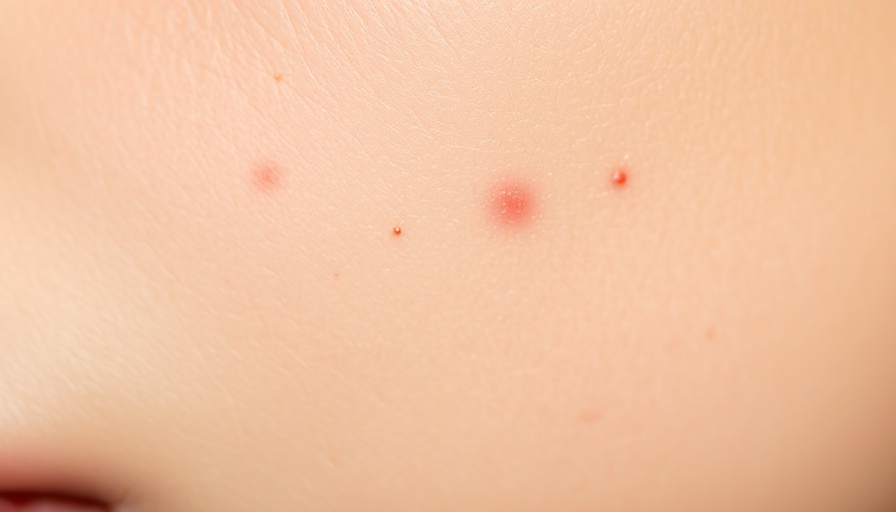
The Unseen Impact of Skin Conditions on Health
Skin health is a complex interplay of genetics, environment, and lifestyle that many often overlook until an issue arises. As the body’s largest organ, our skin speaks volumes about our overall health. Conditions like eczema, psoriasis, and even the common rash can emerge during crucial developmental stages, often beginning in puberty, as can be inferred from our discussion of skin and health in the context of youthful experiences. Understanding how these conditions form and their subsequent management can lead to better overall health and wellness.
In Florida Sunshine, the dialogue brings attention to the nuances of skin health, and it unveils critical insights deserving of further analysis.
Understanding Skin Conditions and Their Triggers
Rashes and other skin conditions can stem from a variety of sources—everything from allergens in the environment to underlying dermatological conditions. For those experiencing an unexplained rash, it's vital to seek a dermatology consult for rash diagnosis. Rashes may signify metabolic changes, stress, or allergic reactions. Many adolescents encounter conditions like acne or eczema during formative years, emphasizing the need for effective treatment plans, be it through medication, therapy, or lifestyle adjustments. Treatments such as topical ointments, phototherapy, or even lifestyle changes could prove essential for those affected.
The Role of Dermatology in Managing Skin Health
Consulting with a dermatologist is crucial for accurate diagnosis and tailored treatment plans for skin conditions. Treatments like psoriasis management, eczema therapy, and even specialized care for conditions like hives underline the importance of individualized care. As demonstrated through clinical practices, dermatologists employ a variety of techniques ranging from chemical peels to advanced laser treatments to assist in rejuvenating skin and alleviating rashes, thereby improving patients' quality of life.
Emotional and Psychological Ramifications of Skin Issues
Skin conditions can often lead to feelings of embarrassment, anxiety, or depression for those affected. Acne and eczema, for example, can significantly impact a young individual's self-esteem, necessitating not only medical intervention but also emotional support. The psychological aspect of dealing with visible skin issues is profound, as social perception can heavily influence personal well-being. Therefore, recognizing the emotional distress that accompanies these dermatological issues is paramount.
Preventive Measures and Self-Care Practices
A significant aspect of maintaining skin health involves preventative care and education. Factors such as proper skincare routines, sun protection, and skin hydration can help mitigate the development of common conditions. Regular skin cancer screenings and awareness regarding changes in skin texture or moles should also constitute essential elements of any proactive healthcare plan. Furthermore, educational efforts on managing and recognizing symptoms of infections or dermatitis can empower individuals to act swiftly during early stages of skin health decline.
Conclusion: Your Skin is Talking—Are You Listening?
The insights gained from conditions that primarily affect the skin, such as rashes, acne, and other dermatological concerns, highlight the need for health literacy in skin care. Understanding the implications of skin health not only affects physical appearance but also emotional and social wellbeing. Therefore, always prioritize consulting with a qualified dermatologist and seek tailored treatments that work for individual needs to promote overall health.
 Add Row
Add Row  Add
Add 




Write A Comment